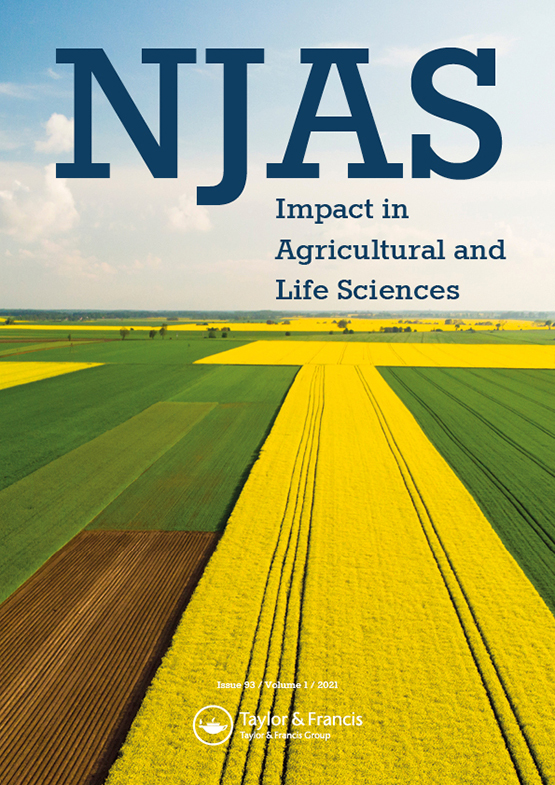Potato is a major food staple in the tropical highlands of Africa. However, its production is constrained by seed-borne diseases, with bacteria wilt (BW) being the most devastating and difficult to manage. Currently, there is no single e remedy for the disease. This paper uses Means-End Chain analysis to assess the psychosocial factors associated with the management of BW in potato production. It focuses on smallholder farmers in Central and Rift Valley regions of Kenya. The paper finds BW management is characterized by use of several practices, majority of which are ineffective in controlling the disease. They are, however, used mainly to increase yield, hence income and profits, and to achieve the personal values or life goals farmers aspire for. The paper concludes that BW management in smallholder potato farms is driven by both economic incentives (i.e., higher incomes and profits) and psychosocial factors. It discusses the implications of these findings for policy and practice.
Economic and psychosocial factors associated with management of bacteria wilt disease in smallholder potato farms: Evidence from Kenya
Citation: Okello, J.J.; Ochieng, B.; Schulte-Geldermann, E. (2020). Economic and psychosocial factors associated with management of bacteria wilt disease in smallholder potato farms: Evidence from Kenya. NJAS - Wageningen Journal of Life Sciences ISSN 1573-5214. v92: 100331.
2020-09-02
CROP PROTECTION, IMPACT ASSESSMENT, POTATO AGRI-FOOD SYSTEMS, POTATOES,
Africa, Eastern Africa
Kenya
journal_article

